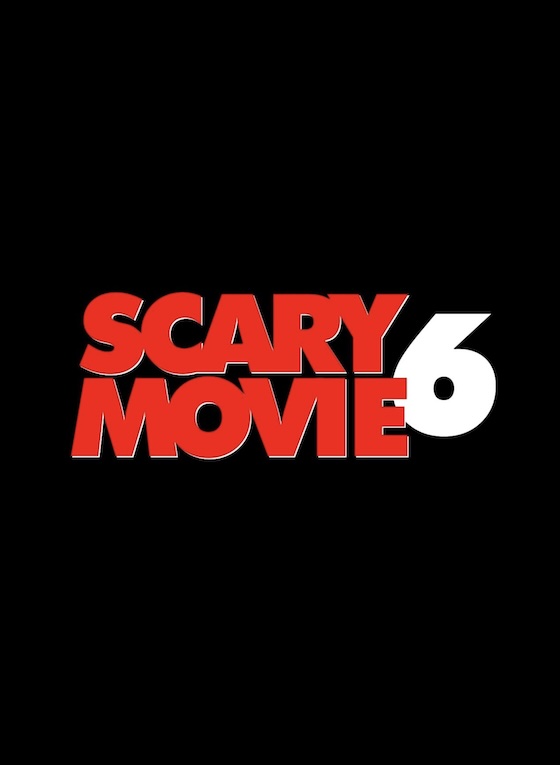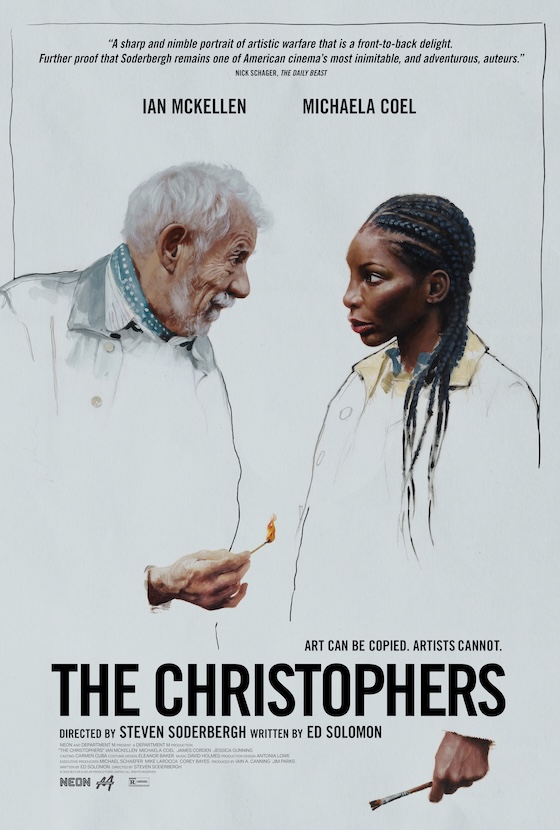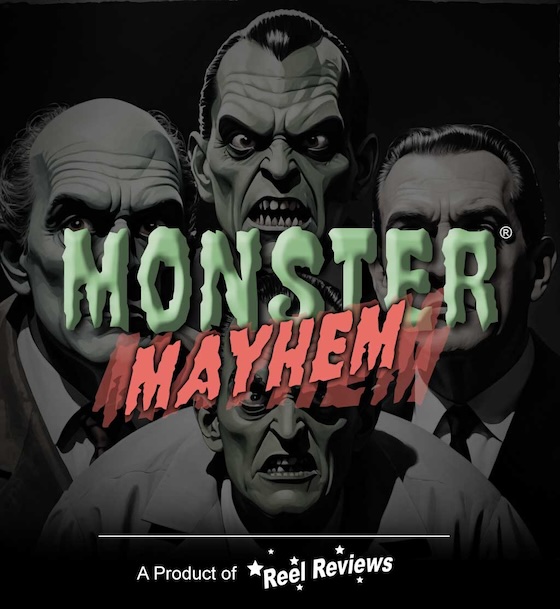{googleAds}
<div style="float:left">
<script type="text/javascript"><!--
google_ad_client = "pub-9764823118029583";
/* 125x125, created 12/10/07 */
google_ad_slot = "8167036710";
google_ad_width = 125;
google_ad_height = 125;
//-->
</script>
<script type="text/javascript"
src="http://pagead2.googlesyndication.com/pagead/show_ads.js">
</script></div>{/googleAds}
Lenny Savage (Philip Bosco) treated his daughter and son badly. He even physically abused them. Mom split—who knows why?—when the sister and brother were kids, never to be heard from again. It wasn't a picture of domestic bliss.
Childhood wounds have gradually scarred over, thanks in part to environmental remedies, as middle-age has crept over Wendy (Laura Linney, Oscar-nominated performance) and Jon Savage(Philip Seymour Hoffman)—she now 39-years-old and he 42. Distant family conflict has been conveniently compartmentalized into awfully different female and male subconscious minds.
Try as they might, though, the past is not the past for these Savages.
Wendy lives in NYC and writes never-produced plays—her latest being a semi-autobiographical one about her and her brother's childhood called, â"Wake Me When It's Over." Jon lives in weather-forsaken Buffalo, where he works as a college professor—he's finishing an as yet unsold book about an obscure subject no one cares about. Neither has ever married or had kids. Commitment issues? Neither knows that their feeble old father, who lives with his elderly girlfriend,—and with what could be looked upon as his vengeful case of dementia—resides in retirement-epicenter Sun City, Arizona. A logical question being: Vengeance against whom?
When we meet the Savages, Lenny's girlfriend has just died, leaving him with diminishing faculties, and diminished facility. He's being kicked out of his retirement digs by his girlfriend's family—seems the couple had a pre-marital agreement. He hasn't any property rights (â"It's like a pre-nup, without the nup").
Lenny's mind and body are being cast aside too, in the wake of old age's ferocity. No wife, no siblings, no friends. No forbearance. Just his adult daughter and son, both of whom he barely remembers. Even with the benefit of time's passage, neither Wendy nor Jon can forget him. The daughter and son make a none-too-easy cooperative decision about coming to their father's rescue in his final hour of need. He's dying. If they don't provide him the opportunity to do so with dignity, surrounded by what little family is left—surrounded by what little love is left—then they may never bring peaceful resolution to this long-dormant conflict. Better to try to forgive, than never forget. Better to make do, than not.
So it goes, as family and film set about making the best of an impossibly stressful, heart-breaking situation. Dad's still a bastard, awash in vulnerability, mortality having come to pay its inevitable respects. Wendy and Jon hastily move him into a rehabilitation center in Buffalo—in the winter. Who among us wants to deal with death's prospects?—not the dying or their loved ones—except that as the story's circumstances inexorably play out—we see that, in fact, The Savages is dealing with it, warts and all. Foremost among those trying to grasp at mortality's tale is Oscarnominated (screenplay) writer-director Tamara Jenkins. Jenkins has molded a poignant story around a universally relatable subject—the intrinsic dignity of dying. Just like life, the movie is wry, sad, noble, and not without flaws (Wendy's â"messy" life may be too unsympathetic).
But most of all The Savages is us. We see ourselves in Wendy and Jon—women and men. How both sexes process the world they live in. Emotion and intellect, respectively. Daughter-Sister-Woman—I feel overcome by guilt about my dying father and that makes us terrible people, and Son-Brother-Man—We have to put Dad in a nursing home because the fact is we're not rich and neither you nor I have the time to care for him. For both—women and men alike—always on death's terms. Most decidedly, not theirs. Not ours either.
At its core, the story's â"deadly" subject is a symbolic manifestation of what's really at stake in The Savages—coping... with life. In the film this conveyance is helped immensely by Linney and Hoffman's performances. They're well-matched on screen, palpable sister-brother sibling accord, and discord, firmly in tact. They love each other, but irritate the hell out of each other. Into their roles, the two performers respire refreshing breath, as their father draws his final ones. For fatherless daughter and son, death renews.
DVD Details:
Screen Formats: 1.85:1
Subtitles: English; French; Spanish; Closed Captioned
Language and Sound: English: English: Dolby Digital 5.1; Spanish: Dolby Digital 2.0 Surround
Other Features: Color; interactive menus; scene access; behind-the-scenes featurette; deleted scenes.
* Featurettes
o About the Savages (20:17) - interviews with the cast and filmmakers.
* Deleted Scenes - 2 brief scenes that didn't make the final cut.
* Photo Galleries - Jenkins' collection of personal photos from the making of the film
Number of Discs: 1 with Keepcase Packaging
{pgomakase}



































